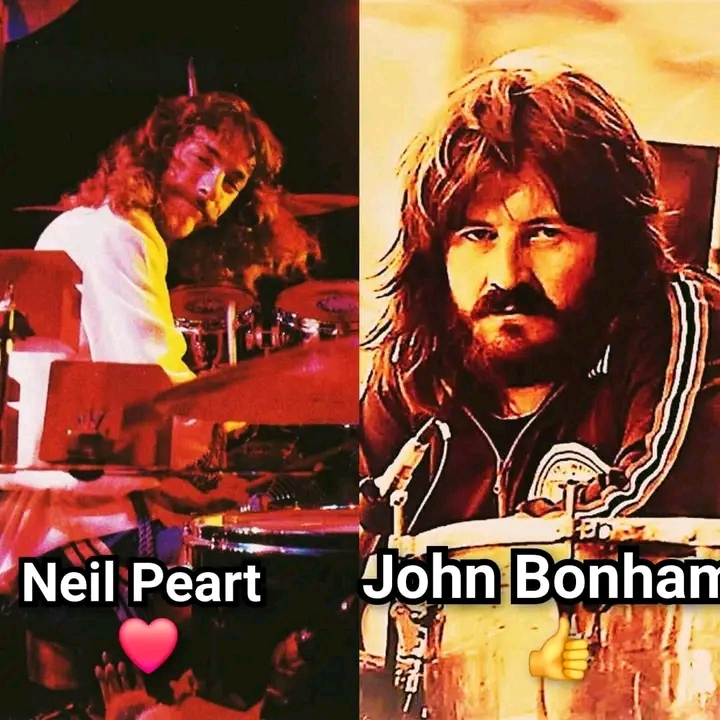In 1971 on their untitled fourth album (commonly referred to as Led Zeppelin IV), “Stairway to Heaven” blends folk, rock, and progressive elements, creating an intricate musical journey that builds from a delicate acoustic intro to a powerful, electrifying climax. Its appeal lies not only in its technical brilliance but also in its emotional depth and the sense of mystery it evokes.
The song begins with an acoustic guitar, played by Jimmy Page, and the soft vocals of Robert Plant. The lyrics, which have been the subject of much interpretation over the years, are often seen as a metaphor for a spiritual journey, reflecting themes of searching for meaning and self-realization. Plant’s delivery is haunting, drawing listeners in as the story unfolds.
As the song progresses, it gradually intensifies, incorporating electric guitars, a driving rhythm, and eventually a thunderous, iconic guitar solo that remains one of the most memorable in rock history. Page’s solo builds with emotion and technical prowess, complementing the song’s growing tension and release. It is a quintessential example of the band’s ability to fuse technical skill with raw emotion.
The song’s structure also stands out for its seamless transitions between styles and tempos. It begins as a gentle ballad and, over the course of eight minutes, morphs into a full-throttle rock anthem. This dynamic range not only showcases the band’s versatility but also highlights their mastery of musical tension and release.
Lyrically, “Stairway to Heaven” continues to spark debate. Many listeners interpret it as a commentary on materialism versus spiritual enlightenment, with the central figure in the song being a woman who is “buying a stairway to heaven.” Others see it as a broader exploration of the human condition, grappling with the complexities of life, death, and the search for purpose.
Ultimately, “Stairway to Heaven” resonates with listeners because it captures the essence of Led Zeppelin: a band that could effortlessly blend genres, push musical boundaries, and create songs that feel timeless and universally relevant. The song’s enigmatic lyrics and powerful instrumentation make it an enduring masterpiece in rock music.










